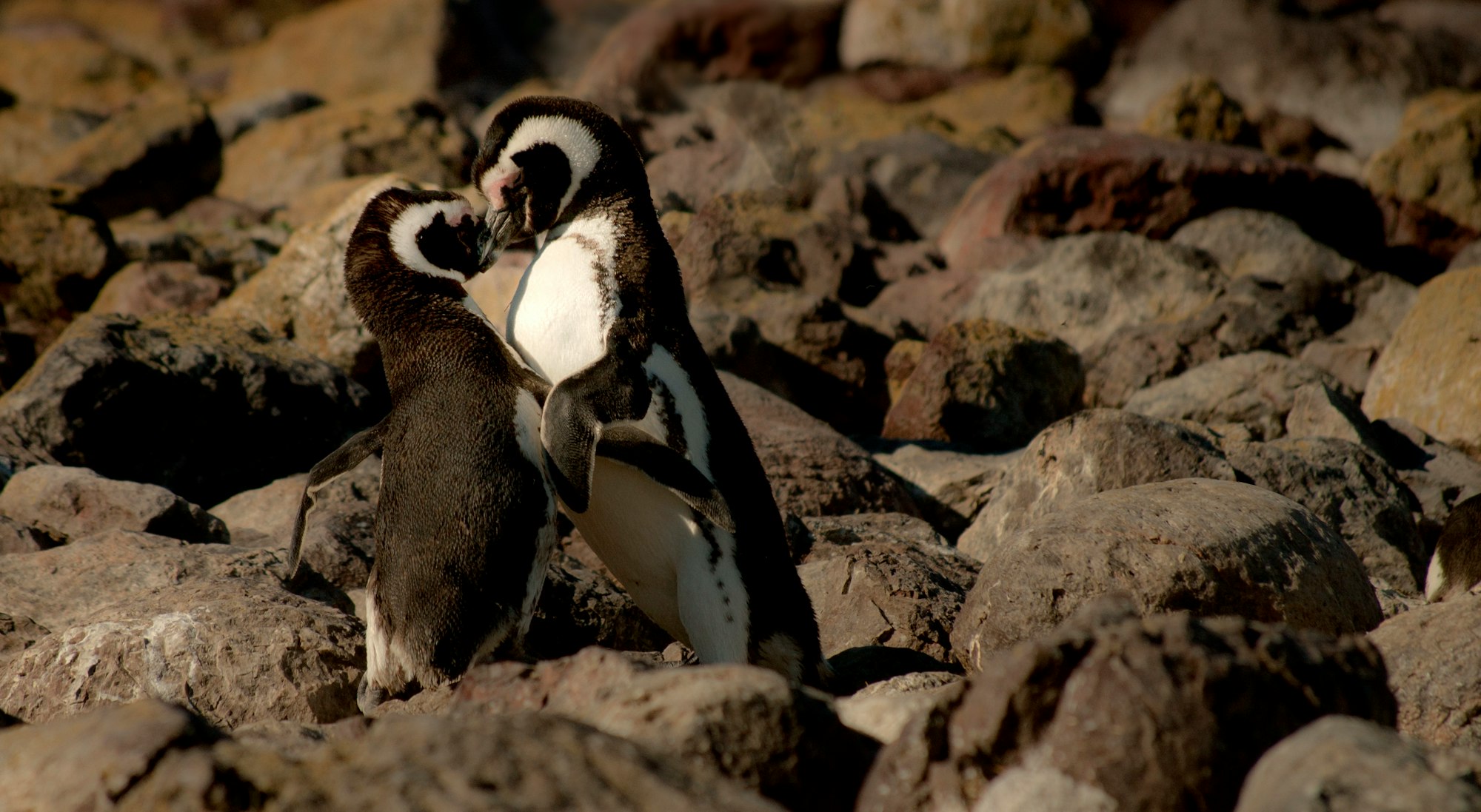With Gustav Klimt’s The Kiss serving as inspiration, Flat community member Michael McManus came up with a lilting, playful composition that could easily find its place in a film or documentary, or even as the music accompanying a curator’s spoken explanation of Klimt’s work.
Check out our interview with Michael below, and as always, a giant thank you to all of our challenge participants – we love listening to your creations and are constantly struck by how well you take a prompt and turn it into something truly inspiring!
Could you introduce yourself and give us a quick idea of your history with music?
My name is Michael McManus, I live a bit outside St. Louis, Missouri, and I train dogs for a living. I come from a musical family: my mother was a singer from Brazil, and so she had me listening to a lot of Brazilian music like samba and bossa nova. Then my father played guitar and wrote songs, plus he was a big classical music fan so I heard a lot of that, too. With the blend, I ended up being obsessed with Bach and Latin folk music!
I myself started playing music at a very young age, and I even dreamed about becoming a composer - I thought it would be great to write music for video games. Then one day I got a dog, and it needed lots of extra training. One thing led to another, and I ended up becoming a dog trainer instead of a composer.
How long have you been using Flat?
I started in late 2020, when I got the urge to pick up composing again and I found that Flat was a big help in getting back into it. But the February challenge was the first time I really participated in the community, and I’m really glad I did!
What was your creative process like for the challenge?
The first thing I did was look at the painting and then read a bit about its history, Klimt’s life as an artist, his style. Then I picked a key signature, because there’s a lot of emotion and storytelling that’s based on the key the music is in. After getting my key, I knew I wanted to create a rhythmic heartbeat motif, so I worked on that. Then I played around on the keyboard until I found a harmonic space I really liked. That’s what you hear in the strings, and after that it was just about finding the story I wanted to tell and letting the flute and oboe tell that story.
What advice would you give to other composers who want to take part in the challenges?
Don’t be afraid of it, just start getting something on the page. Music is an art, but it’s also a discipline. If you allow yourself to sit down and be creative, you’ll develop a certain discipline in your music composition. Don’t even worry about whether you like what you’re writing, or whether other people will like it. Just put something down on paper and go from there. I think you’ll be surprised at just how much can happen when you allow it to.
See you next time,
